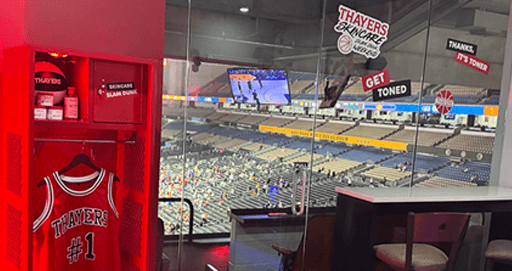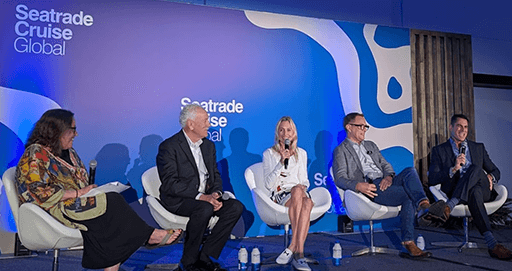In today’s rapidly evolving automotive industry, the definition of “premium” is shifting in surprising ways. Traditionally tied to luxury and exclusivity, the concept now extends beyond typical high-end “badges” to include aftermarket products. But how do you make something like motor oil feel premium? It’s about emphasizing the tangible benefits that resonate with today’s well-informed vehicle owners. For brands, this means rethinking how they communicate value in this environment.
The Changing Definition of Premium
According to Deloitte’s 2024 Global Automotive Consumer Study, product quality and vehicle performance are among the top three drivers of vehicle brand choice for U.S. consumers (57 percent and 52 percent, respectively). Whether it’s superior performance, reliability, enhanced vehicle longevity, or the product’s consistent quality, premium brands should consider the long-term value they offer to consumers.
This focus is especially pronounced in the automotive maintenance space, where consumers are not just buying a product but investing in their vehicle’s future performance. As a result, brands that effectively communicate the long-term advantages of their products—such as superior protection, extended lifespan, and fewer breakdowns—are increasingly seen as premium, even when they compete with higher-priced alternatives.
The Power of Trust and Brand Familiarity
At the heart of this evolving concept of premium is the notion of trust. In fact, 61 percent of consumers have recommended a company they trust to friends or family, according to PwC’s 2024 Trust Survey. As the health and longevity of a vehicle are paramount, trust is a critical component of the brand-consumer relationship. A brand’s established reputation for delivering reliable, high-quality products drives consumer loyalty and reinforces its premium status. Consistent communication around product performance helps to solidify this critical trust.
How Coyne PR Helped Pennzoil Prove the “Power of Premium”
In a competitive market, especially when battling private-label brands, it can be challenging for premium brands to differentiate themselves. Coyne PR tackled this challenge head-on for Pennzoil through a comprehensive strategy designed to showcase the tangible benefits of choosing premium over private-label products in the automotive maintenance space.
Coyne PR spearheaded a national survey conducted by Talker Research to understand consumer perceptions of premium versus private-label brands. The findings revealed a clear preference for premium products in the vehicle maintenance category, with 57 percent of Americans significantly more likely to buy brand name products compared to private label alternatives. This was further supported by the fact that vehicle maintenance products ranked among the top three most regretted private-label purchases across all product categories, highlighting the trust that consumers associate with high-quality brand name products in the vehicle maintenance category.
The survey also found that nearly two in three do it for me consumers (DIFM), aka those who rely on a professional for maintenance services, are willing to invest more money when buying motor oil products to protect their car’s value over time.
By leveraging this data, Coyne PR crafted a compelling narrative for Pennzoil that centered on the fact that premium truly matters. The findings were amplified through a targeted media outreach campaign, driving home the message that premium brands perform better over time and are more trustworthy than private-label alternatives. The campaign achieved widespread media attention across both mainstream and industry publications.
This strategic approach helped Pennzoil defend its premium positioning and provided concrete data that resonated with both consumers and professionals.
Key Takeaways for Automotive Brands
To thrive in today’s evolving premium market, automotive brands must adapt their communication strategies to align with the macro trends shaping consumer expectations. As these macro trends continue to gain momentum, brands have a unique opportunity to leverage storytelling to showcase how they exemplify these priorities.
By embracing this approach, brands can position themselves not only as product leaders but as trusted partners in their consumers’ journey, ultimately thriving in the competitive and evolving automotive landscape.




